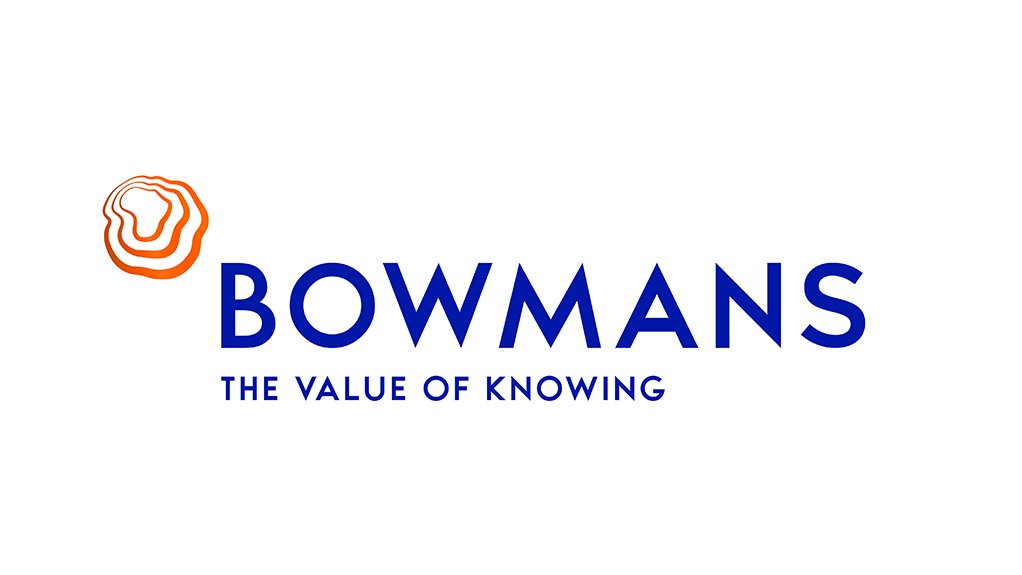Like other economic sectors, the South African mining industry continues to face many headwinds, but it remains resilient. Some of the key challenges facing the industry which are not unique to South Africa include: geopolitical uncertainty; costs; productivity and environmental social governance considerations.
Over and above these global risks and opportunities, the South African minerals industry faces additional risks which are more prevalent in South African than other jurisdictions.
Among others, energy security of supply, rail and port systems constraints and community relations continue to beset the industry.
The opportunities presented by these risks include the opportunity for the sector to: (i) continue pursuing clean energy; (ii) continue to play a catalytic role in critical public infrastructure improvements; (iii) increase its role in electricity supply; and (iv) further embed transformation, inclusivity and community relations. We briefly discuss these opportunities and their key regulatory enablers.
Improvement of critical public infrastructure
For years, the sector has been grappling with water supply, rail and port systems constraints.
In respect of rail and port constraints, the recent industrial actions and floods in KwaZulu-Natal have not helped the situation. Given the multiplicity of factors that constrain access to rail and port systems, it is essential that the industry and the public sector cooperate to find sustainable solutions.
The South African public-private partnership legal regime is well established to enable the public and private sector to deliver a long lasting solution. To this end, it is encouraging to see policy pronouncements in this regard. For example, in the State of the Nation Address in February 2022, the President inter alia announced that Government was seriously considering the introduction of private sector participants in the Durban and Ngqura container terminals and private parties into operating the container railway line between Durban and Johannesburg.
It is also encouraging to see practical steps being initiated to foster public-private sector cooperation to alleviate rail and port access constraints. Among others, this is evident from the announcement in December 2022 by the Minerals Council South Africa that it has agreed with Transnet to establish a high level ‘5 a side’ steering committee to tackle this constraint.
Energy supply
Security of energy supply has been a problem for the South African economy for a long time now, but the mining sector – as an intensive energy user – is disproportionately affected.
To overcome the problem, Government has introduced energy recovery plans with varying success. One of the most successful interventions has been to allow independent power producers (IPPs) to play an important role in electricity supply.
The success of this intervention shows that the private sector can significantly contribute to electricity supply. As a result, without displacing the role of the public entities, Government’s further energy recovery plans should consider increasing the role of the IPPs in electricity supply.
To give effect to this, certain institutional mechanisms, policies and laws may be required. Some of the required changes will be to amend the Electricity Regulation Act 2004 or related legislation to make it possible for the IPPs to generate more than 100 MW without the need for a generation licence; bolster the wheeling or grid access regime; and introduce other necessary institutions (e.g. an independent system market operator).
To the extent the private sector establishes energy facilities that produce more than their needs, the policy position regarding non-private sector offtakers will have to be clarified.
Transformation and community relations
From the outset it must be said that not much is broken in relations between the mining sector and the communities in which it operates. In fact, the manner in which the mining sector manages its relations with the communities is acceptable, but more can be done.
The areas that require attention include urgently settling the approach or the required standard of consultation requirements. From early cases such as the Maledu and Xolobeni judgments up to the more recent Seismic Survey judgment, the court’s approach to consultation requirements has not been consistent. This inconsistency creates regulatory uncertainties. Hopefully, the Supreme Court of Appeal will put the matter to rest in the pending Seismic Survey appeal.
Besides the clarification of the consultation requirements, in some communities there is an urgent need to restore law and order especially in those communities where illegal mining and gender-based violence crimes are high. The lack of law and order undermines the rule of law which is currently one of the elements that positively impact the attractiveness of South Africa as a mining investment jurisdiction.
Written by Charles Young, head of Mining, and Wandisile Mandlana, partner, Bowmans South Africa
EMAIL THIS ARTICLE SAVE THIS ARTICLE ARTICLE ENQUIRY
To subscribe email subscriptions@creamermedia.co.za or click here
To advertise email advertising@creamermedia.co.za or click here











